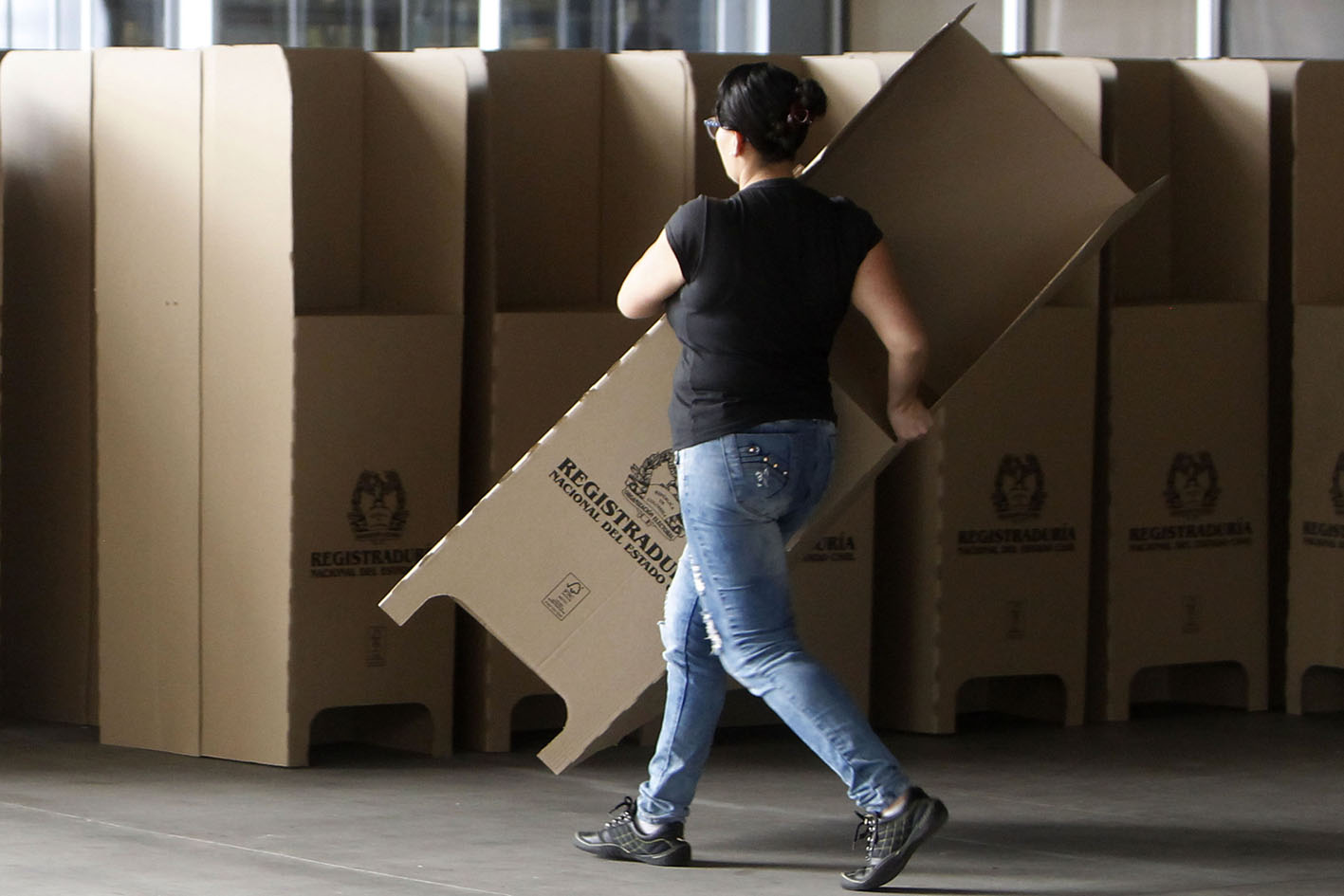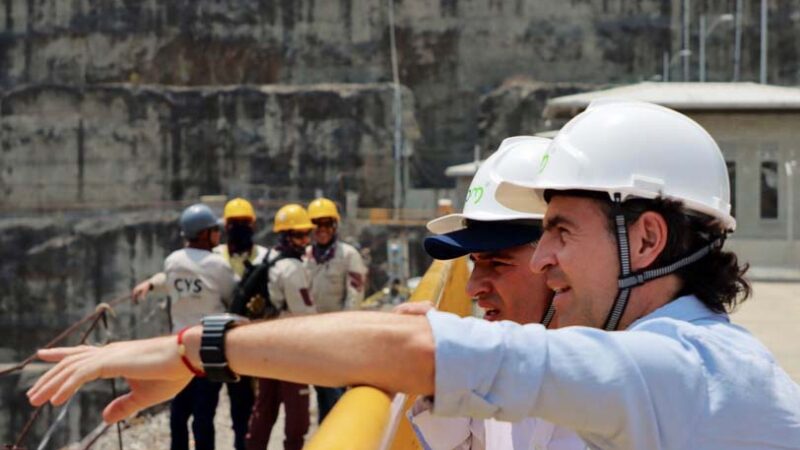
Colombian Senator Miguel Uribe Turbay, who remains in intensive care at Santa Fé Hospital in Bogotá after surviving an assassination attempt on June 7, is leading early polls for the 2026 presidential election, according to a new survey released Monday by pollsters Guarumo and EcoAnalítica.
Uribe Turbay, a prominent figure in the right-wing Centro Democrático party and close political heir to former President Álvaro Uribe Vélez, secured 13.7% support among 75 potential candidates – marking the first time he has led a national presidential poll.
The survey was conducted between July 1 and 5, one month after a teenage hitman shot the senator twice in the head. Uribe has since undergone multiple surgeries performed by neurosurgeon Fernando Hakim. Despite his absence from public life, his support among voters appears to have surged – driven in part by public sympathy and his long-standing hardline stance on crime and insecurity.
Conservative commentator Vicky Dávila followed with 11.5%, while leftist politician and former senator Gustavo Bolívar placed third with 10.5%. Other notable contenders include centrist Sergio Fajardo (8.7%), former Medellín mayor Daniel Quintero (8.1%), and former Bogotá mayor Claudia López (5.3%).
Arrest of Alleged Mastermind: Alias El Costeño
The race took another dramatic turn over the weekend with the arrest of Elder José Arteaga Hernández, alias El Costeño, believed to be one of the masterminds behind the June 7 attack.
Arteaga was apprehended on Saturday, July 5, in Bogotá’s Engativá district, near Modelia – the neighborhood where Uribe was shot. The arrest was carried out in a joint operation by Colombia’s National Police and the Prosecutor’s Office, following the issuance of an Interpol red notice the previous day.
According to Police General Carlos Fernando Triana, El Costeño allegedly recruited and directed the minor who carried out the attack and is currently in custody. “This is a highly valuable result for the country,” said Gen. Triana, adding that authorities are now focused on identifying and prosecuting the intellectual authors of the plot. “We are going after those who planned this act against Senator Miguel Uribe.”
The arrest brings the number of individuals detained in connection with the case to five, including the teenage shooter and three adult accomplices.
The Guarumo/EcoAnalítica poll highlights the fragmented nature of Colombia’s electoral landscape, with 75 figures in contention – from traditional politicians to media personalities and regional leaders. Rounding out the top ten were Senator María José Pizarro of the leftist Pacto Histórico (3.2%), former senator Juan Manuel Galán (3.0%), former Vice President Germán Vargas Lleras (2.9%), and Green Alliance Senator Jota Pe Hernández (2.5%).
In a simulated center-right primary, Dávila led with 51.9% support, followed by Vargas Lleras (20.1%) and lawyer Abelardo de la Espriella (9.1%).
Asked what qualities Colombia’s next president should possess, 27.6% of respondents cited honesty as the most important trait, followed by a firm stance on insecurity (19.2%), strong leadership (9.6%), public administration experience (7.8%), and defending democracy (7.1%).
These results reflect widespread anxiety over deteriorating security conditions, particularly in rural regions where illegal armed groups and organized crime remain active. Analysts suggest the emphasis on law and order may benefit candidates like Uribe and Dávila, whose platforms strongly emphasize security.
Petro’s Approval Remains Divisive
President Gustavo Petro, now in his final year in office, continues to polarize public opinion. According to the survey, 30.3% of respondents rated his administration positively, while 26.6% considered it “terrible” and 23.7% “poor.”
His flagship “Total Peace” policy – designed to negotiate with armed groups and criminal networks—has drawn growing criticism. Detractors argue that the initiative risks emboldening violent actors and weakening judicial accountability.
In simulated internal primaries, Uribe leads the Centro Democrático, Bolívar holds the advantage in Pacto Histórico, Dávila prevails among center-right voters, and Fajardo leads the centrist bloc.
The assassination attempt against Uribe has shaken Colombia’s political class and revived longstanding concerns about violence in electoral politics. The Centro Democrático party has called for enhanced security measures to protect candidates ahead of the 2026 election, warning that democratic participation is at risk in several regions.
Despite uncertainty over his recovery, Uribe’s current lead positions him as a formidable contender should he return to active political life. The first round of Colombia’s presidential election is scheduled for May 2026.
Share this story
Richard Emblin
Richard Emblin is the director of The City Paper.








